Our editors are hard at work building Issue 33 of Superstition Review, which will launch May 1. This issue features ten poets: Anastacia Renee, CD Eskilson, Ian C. Williams, Lindsey Schaffer, Megan J. Arlett, Patricia David-Muffett, Rachel Mallalieu, Sara E. Hughes, Shehrbano Naqvi, and Tatiana Dolgushina.
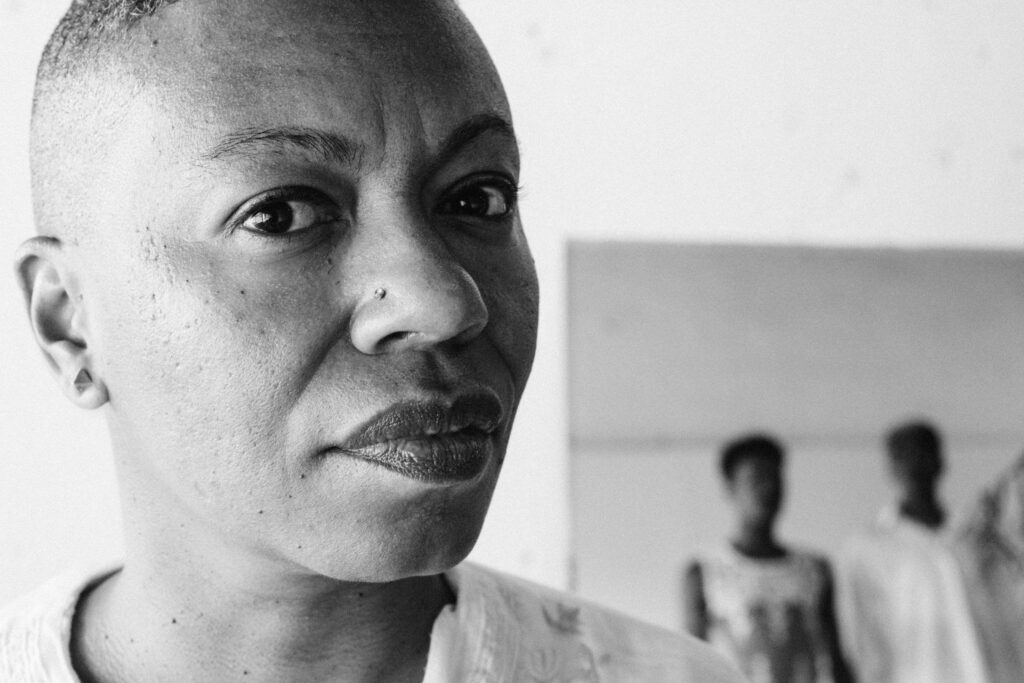
Anastacia-Reneé (She/They) is a queer writer, educator, interdisciplinary artist, playwright, former radio host, TEDX speaker, and podcaster. She is the author of Here In The (Middle) Of Nowhere, Side Notes From The Archivist, (v.) and Forget It. Sidenotes from the Archivist was selected as one of “NYPL Best Books of 2023,” and, The American Library Associations (RUSA) “Notable Books of 2024.” Anastacia-Reneé served as Seattle Civic Poet during Seattle’s inaugural year of UNESCO status as well as Hugo House Poet-in-Residence, and Jack Straw Fellowship Curator. Her work has been anthologized and published widely.
CD Eskilson is a trans poet, editor, and translator living in Arkansas. They are a recipient of the C.D. Wright/Academy of American Poets Prize, as well as a Best of the Net, Best New Poets, and a Pushcart Prize nominee. Their debut poetry collection, Scream / Queen, is forthcoming from Acre Books.

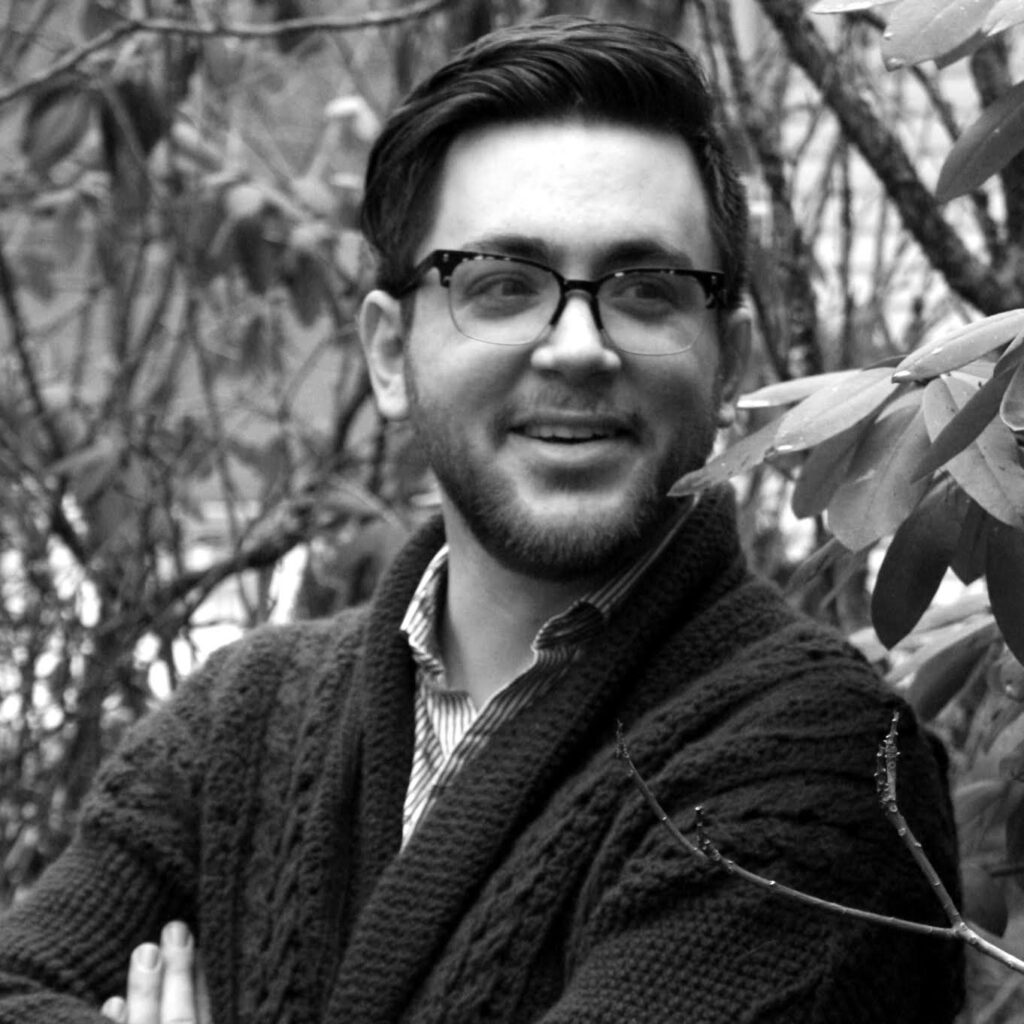
Ian C. Williams is an Appalachian poet and the author of Every Wreckage (2024 Fernwood Press). His work has been included in Fourteen Hills, Moon City Review, Salamander, and Appalachian Review, among others. He is the editor-in-chief for Jarfly: A Poetry Magazine. Williams lives with his wife and two sons in Fairmont, West Virginia.
Lindsey Schaffer is the author of City of Contradiction (Selcouth Station) and Witch City (dancing girl press, forthcoming). Her work has appeared in The Eunoia Review, Reservoir Road Literary Review, and elsewhere. Lindsey has received scholarships and fellowships from the Indiana Writers Workshop, AWP, the City of Bloomington, and the College of Saint Benedict and Saint John’s University. She serves as a poetry editor for Variant Literature.
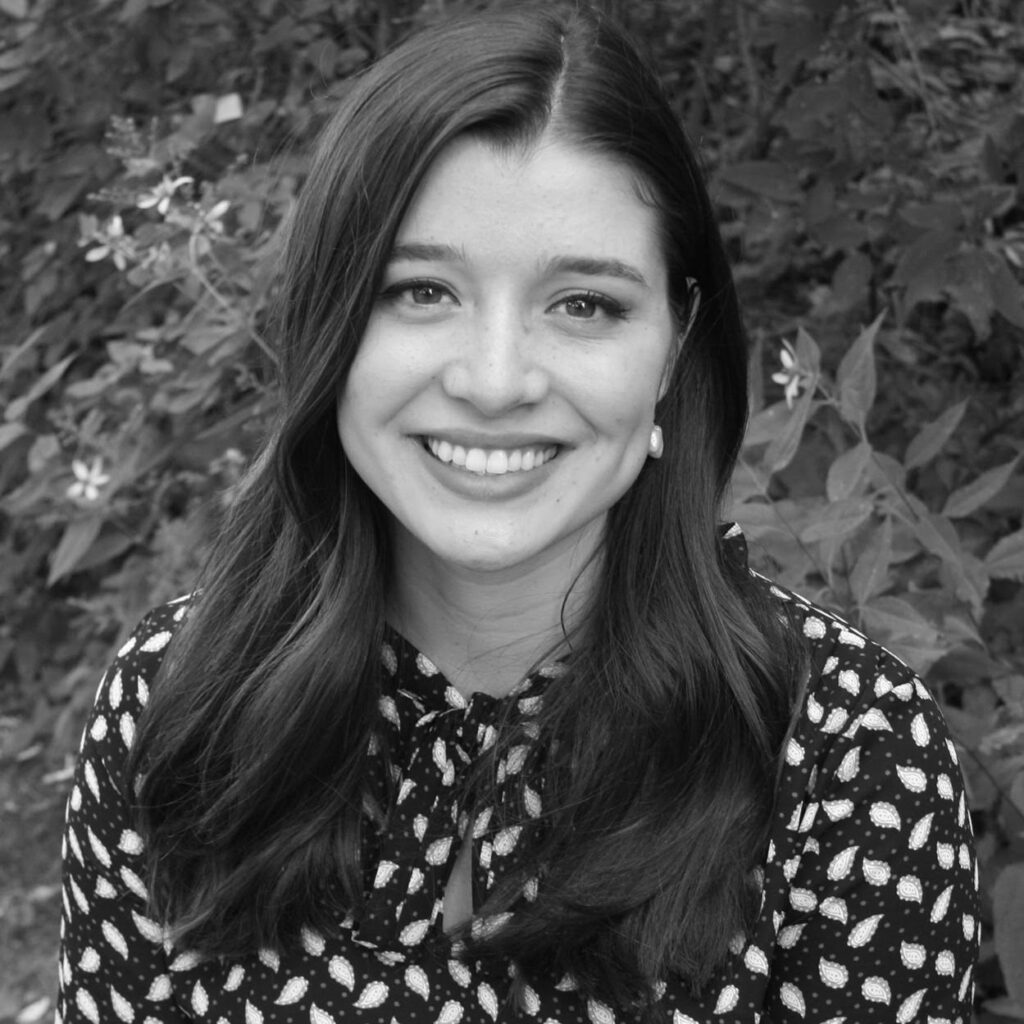
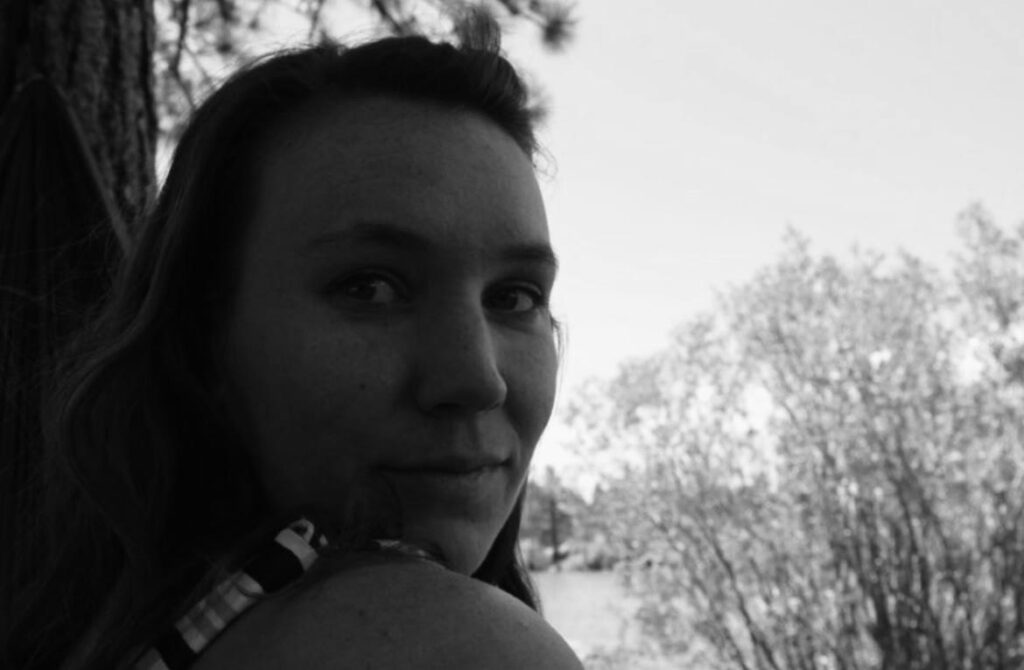
Megan J. Arlett was born in the UK, grew up in Spain, and now lives in New Mexico. The recipient of two Academy of American Poets Prizes, her work has appeared in Best New Poets 2019, Best New British and Irish Poets, Gulf Coast, The Kenyon Review, New England Review, Passages North, and Prairie Schooner, among others.
Patricia Davis-Muffett (she/her) holds an MFA from the University of Minnesota. Her chapbook, Alchemy of Yeast and Tears, was published in spring 2023. Her work has won honors including Best of the Net nomination and second place in the 2024 Joe Gouveia Outermost Poetry Contest (selected by Marge Piercy), and appears in Best New Poets, Atlanta Review, Whale Road Review, Calyx and About Place, among others.
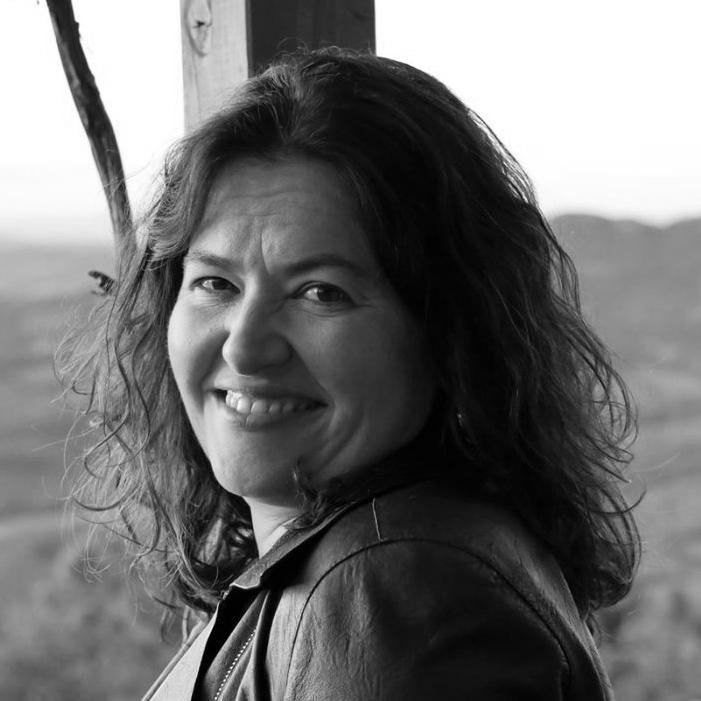
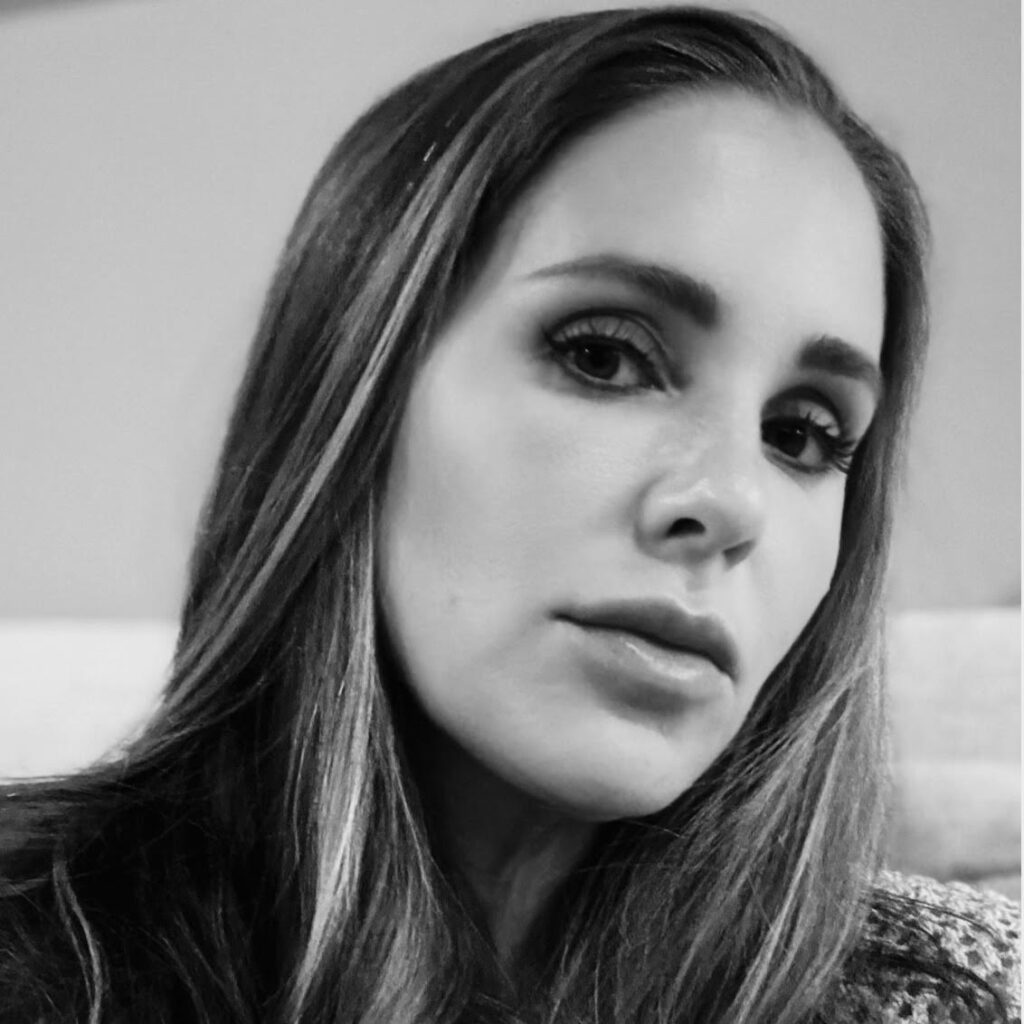
Rachel Mallalieu is an emergency physician and mother of five. She is the author of the chapbook A History of Resurrection (Alien Buddha Press 2022). Some of her recent work is featured or forthcoming in Nelle, Chestnut Review, Whale Road Review, and DIALOGIST.
Sara E. Hughes is a Massachusetts-born poet. She received an honorable mention for the American Poets College & University Prize in 2022. She is a 2022 Wild Seeds Writer’s Retreat Fellow and a 2022 Aspen Words participant. Sara is the recipient of the 2021 Elaine V. Beilin, Howard Hirt, and Marjorie Sparrow Awards of Framingham State University. Sara’s work is forthcoming in Obsidian: Literature & Arts in the African Diaspora. Sara is a fellow at Randolph College’s MFA program.


Tatiana Dolgushina is a Soviet immigrant, born in Soviet Russia and raised in Ukraine, Argentina, Chile, and the United States. This multilingual and multicultural identity is central to her work. Her chapbook, Carried/in our language was a finalist for the Vinyl 45 Chapbook Prize and is forthcoming from YesYes Books in 2025. A graduate of the Oregon State MFA, her writing is forthcoming or has been published in Beloit Poetry Journal, Rattle, Hayden’s Ferry Review, Hunger Mountain, New Farmer’s Almanac, the other side of hope, Collateral, and elsewhere.
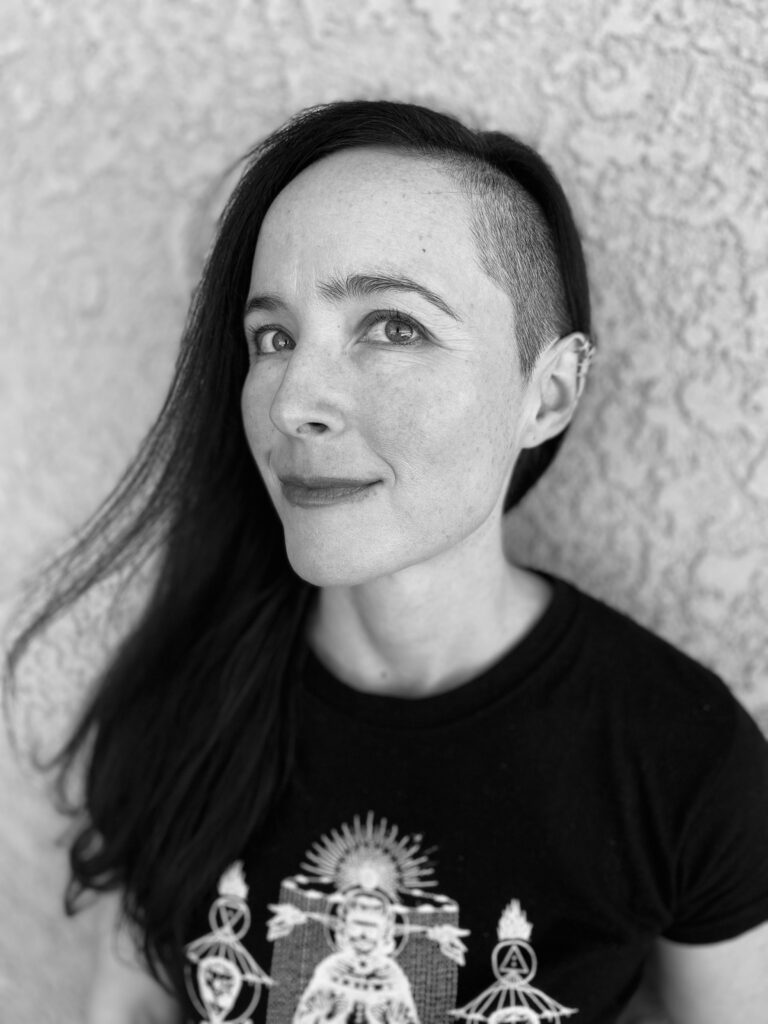
![CoxDinah[grayscale]](http://superstitionreview.asu.edu/blog/wp-content/uploads/2015/07/CoxDinahgrayscale.jpg)
 metimes tiptoe through my ordinary life afterwards, wondering what price will be exacted for such unearned blessings.
metimes tiptoe through my ordinary life afterwards, wondering what price will be exacted for such unearned blessings.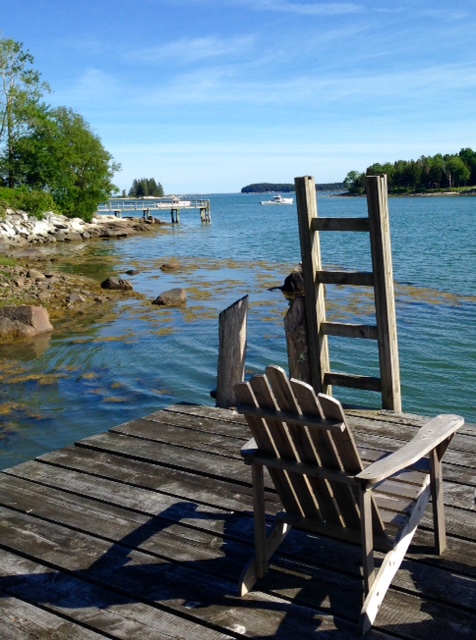
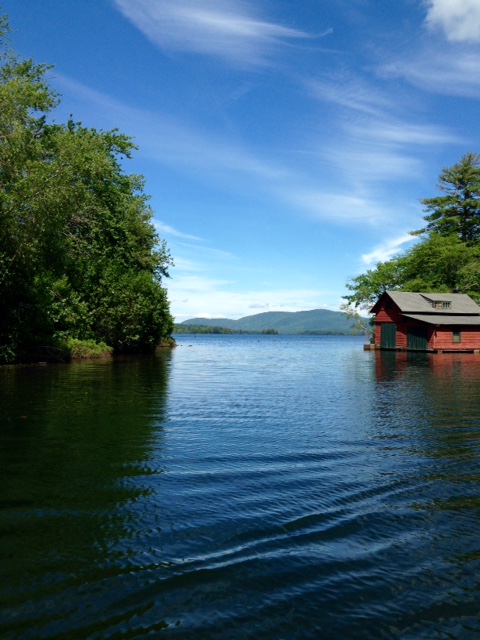 om the late sleepers, and we all make sure there’s work space far from the bedrooms.
om the late sleepers, and we all make sure there’s work space far from the bedrooms.